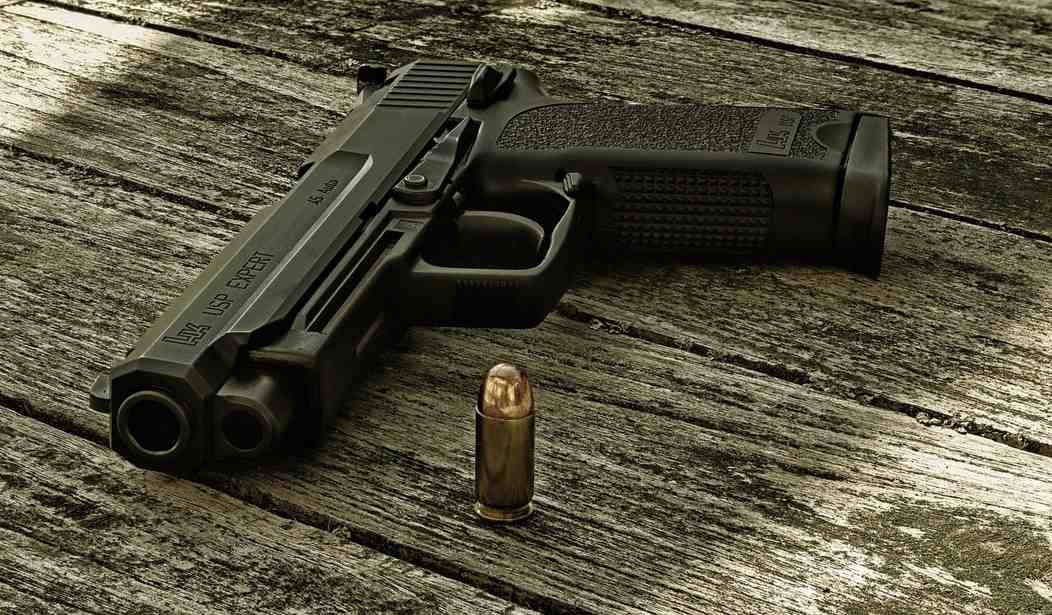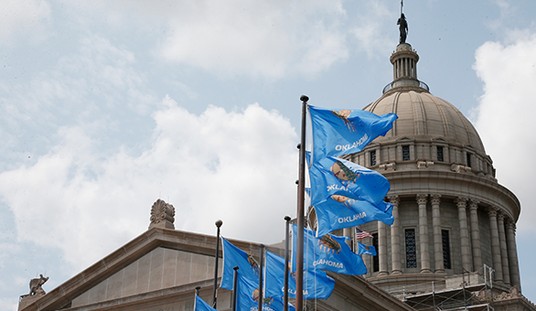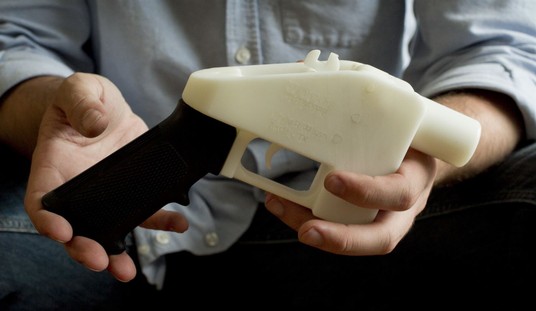One of the most controversial subjects of our times, besides the Second Amendment, is the question of illegal immigration. Illegal immigrants are a touchy subject that seems like a sure way to figure out where someone seems to land on the political divide.
Yet what happens when the subjects collide?
Normally, it’s not much of an issue. Most of the illegal immigrants found with guns are caught committing other crimes and no one says anything one way or another.
A case coming before the Second Circuit, though, is a different animal entirely.
As he walked down a Brooklyn block with a loaded gun in his hand on a dry, hot summer evening in 2016, Javier Perez didn’t know he was about to trigger a constitutional dilemma.
Seeing a group of youths assaulting a boy from a rival gang with bats and machetes, Perez did what he thought could defuse the situation: He fired a few shots in the air. The brawlers dispersed. No one was injured. Perez walked back to a barbecue he was attending with a few old friends on the same block, returning the gun he had just borrowed to one of them.
Months later, Perez was arrested and charged with a federal crime — being an “alien in possession of a firearm.” He faced 10 years in federal prison and deportation.
His lawyers argued the federal law is unconstitutional because it strips people like Perez — millions of undocumented people with no prior criminal record — of Second Amendment rights. The government shot back that the amendment doesn’t apply to Perez because of his unlawful status in the country, and even if it did, the law is reasonable in achieving a government’s interest in controlling crime.
After failing in the lower courts, the case now has the potential of ending in the U.S. Supreme Court, where it could have far-reaching implications for immigrant rights beyond gun possession, legal experts say.
Unsurprisingly, both sides are using the Heller decision as part of their strategy.
Perez’s attorneys are arguing that when Justice Antonin Scalia referred to individuals in general and not just American citizens when he said people had the right to keep and bear arms.
The problem is that Scalia said “citizens,” and not just individuals in general.
Other cases have ruled that constitutional rights don’t necessarily apply to non-citizens, which may have been what prompted Scalia’s use of the word.
Regardless of the legal questions, though, there are other questions.
For one thing, if the Second Amendment protects a basic human right–even if the United States is the only nation that actually seems to respect that right to any degree–then wouldn’t illegal immigrants have that right as well?
Of course, on the flip side, they’ve entered the country illegally, thus making them criminals in the first place and that would make Perez an armed criminal.
Then there’s the question of how an illegal immigrant got a gun in Brooklyn in the first place. It’s not like the Big Apple is known for its lax gun laws. I can’t help but think his immigration status should have been at least somewhat irrelevant if he had a firearm illegally in Brooklyn.
Either way, this should be an interesting case to watch and follow.








Join the conversation as a VIP Member